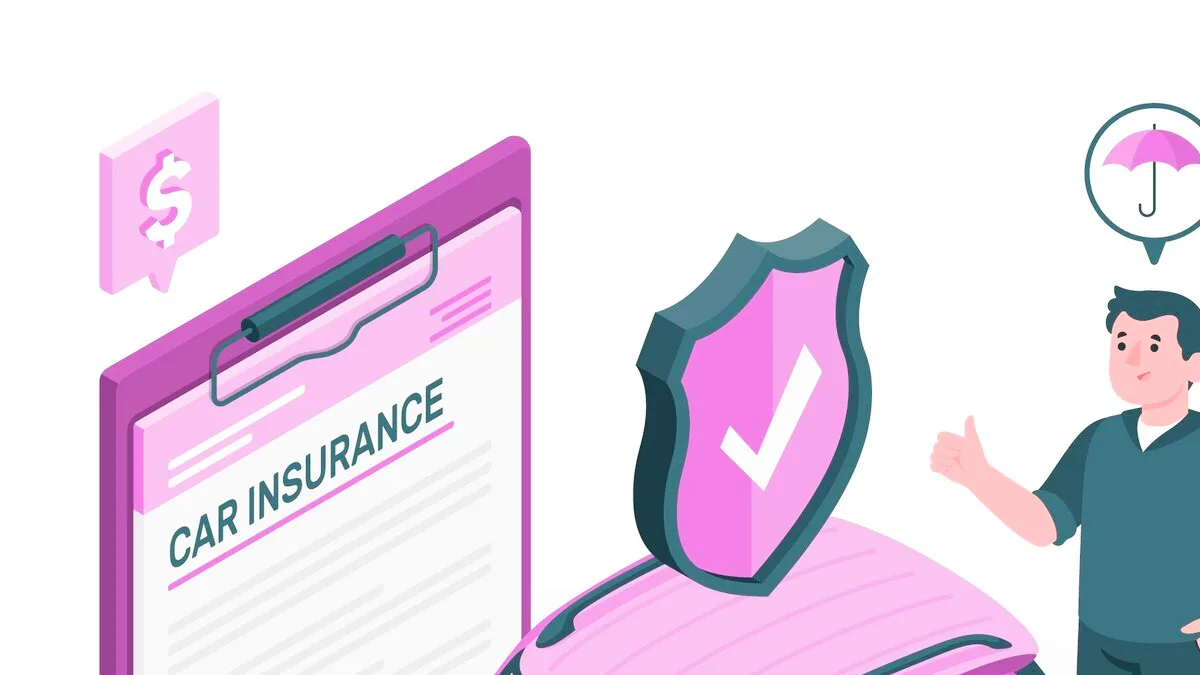Car insurance is a critical component of vehicle ownership and operation, providing financial protection against accidents, theft, and other unforeseen incidents. This article explores the legal requirements regarding car insurance in various jurisdictions, highlighting the consequences of driving without insurance.
Legal Requirements
In the United States, the laws concerning car insurance vary by state. However, almost all states require drivers to have at least some form of car insurance or proof of financial responsibility. This typically includes liability insurance, which covers costs associated with the damage or injury you may cause to others in an accident. Only a few states allow drivers to legally drive without car insurance, provided they can prove their ability to pay for damages out of pocket through other means, such as a surety bond or cash deposit. Examples:
- Alabama: $50,000
- Arizona: $40,000
- California: $35,000
- Colorado: $35,000
- Delaware: $40,000
- Idaho: $50,000
- Indiana: $40,000
- Iowa: $55,000
- Louisiana: $55,000
- Maine: $127,000
- Maryland: $75,000
- Massachusetts: $10,000
- Mississippi: $15,000
- Missouri: $60,000
- Montana: $55,000
- Nebraska: $75,000
- New Mexico: $60,000
- New York: $25,000
- North Carolina: $85,000
- Ohio: $30,000
- Oklahoma: $75,000
- Rhode Island: $75,000
- South Carolina: $35,000
- South Dakota: $25,000
- Tennessee: $60,000
- Utah: $160,000
- Vermont: $115,000
- Virginia: $50,000
- Washington: $60,000
- Wisconsin: $60,000
- Wyoming: $25,000
Liability Insurance
Liability insurance is the most basic form of car insurance required by law. It does not cover the policyholder’s vehicle damage or injuries but instead covers those costs for the other party in an accident where the policyholder is at fault. The specific minimum coverage amounts vary by state but usually include both bodily injury liability and property damage liability.
Penalties for Driving Without Insurance
Driving without insurance is illegal in most states and can result in several penalties. Common consequences include:
- Fines: Fines for driving without insurance can range from a few hundred to several thousand dollars, depending on the state and the number of offenses.
- Suspension of License and Registration: Many states will suspend a driver’s license and vehicle registration for driving uninsured. Reinstatement often requires proof of insurance and the payment of reinstatement fees.
- Vehicle Impoundment: In some cases, law enforcement may impound an uninsured vehicle, with significant fees associated with its recovery.
- SR-22 Requirements: Some states require drivers caught driving without insurance to file an SR-22 form, a certificate of financial responsibility, with their state’s DMV for a specified period. This often leads to higher insurance premiums.
Exceptions and Alternatives
While most states mandate car insurance, there are exceptions and alternatives:
- Alternative Proof of Financial Responsibility: Some states allow drivers to demonstrate financial responsibility through means other than traditional insurance, such as posting a surety bond or making a cash deposit with the state.
- “No-Pay, No-Play” Laws: Certain states have enacted “no-pay, no-play” laws, which limit uninsured drivers’ ability to recover damages if they are involved in an accident, regardless of who is at fault.
Importance of Car Insurance
Beyond legal compliance, having car insurance is crucial for financial protection. It can cover significant expenses from accidents, including vehicle repairs, medical bills, and legal fees, which can be financially devastating without coverage.
References
- Insurance Information Institute, “Background on: Compulsory Auto/Uninsured Motorists,” https://www.iii.org/article/background-on-compulsory-auto-uninsured-motorists.
- National Association of Insurance Commissioners, “Understanding Your Insurance,” https://content.naic.org/consumer.htm.
- National Conference of State Legislatures, “Financial Responsibility and Insurance Requirements for Vehicle Owners,” https://www.ncsl.org/research/transportation/financial-responsibility-and-insurance-requirements-for-vehicle-owners.aspx.









Leave a Reply